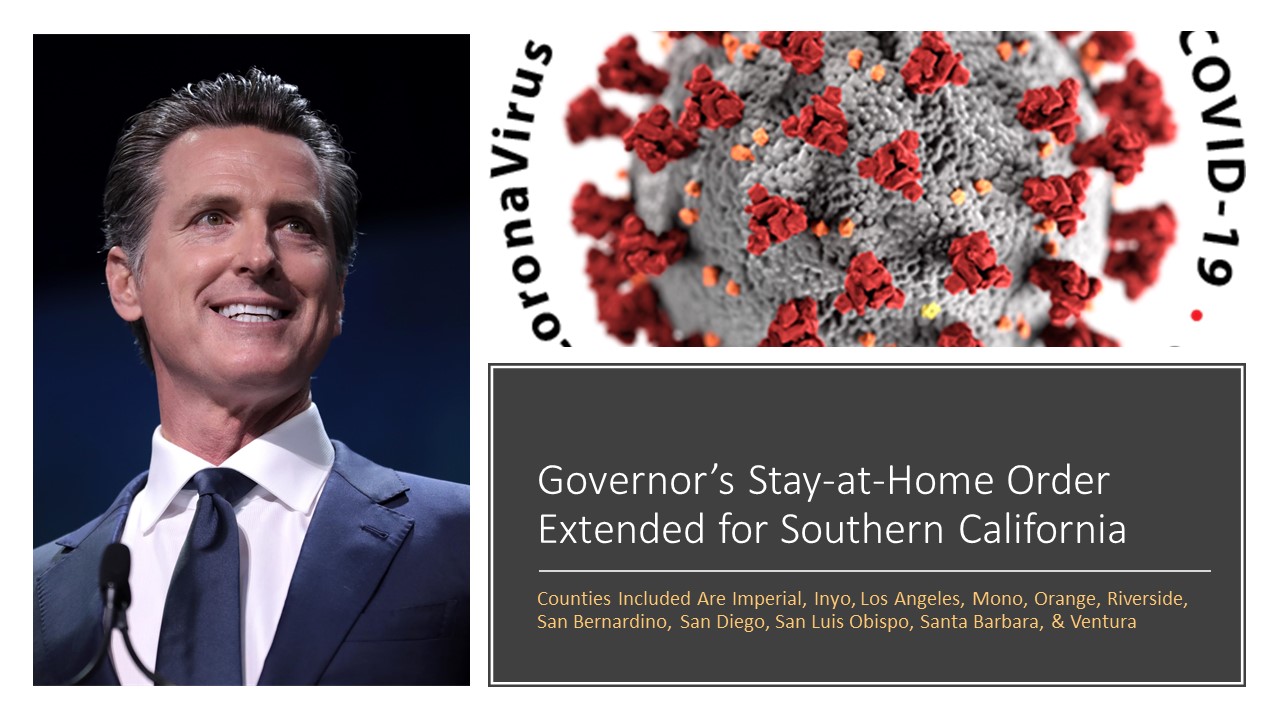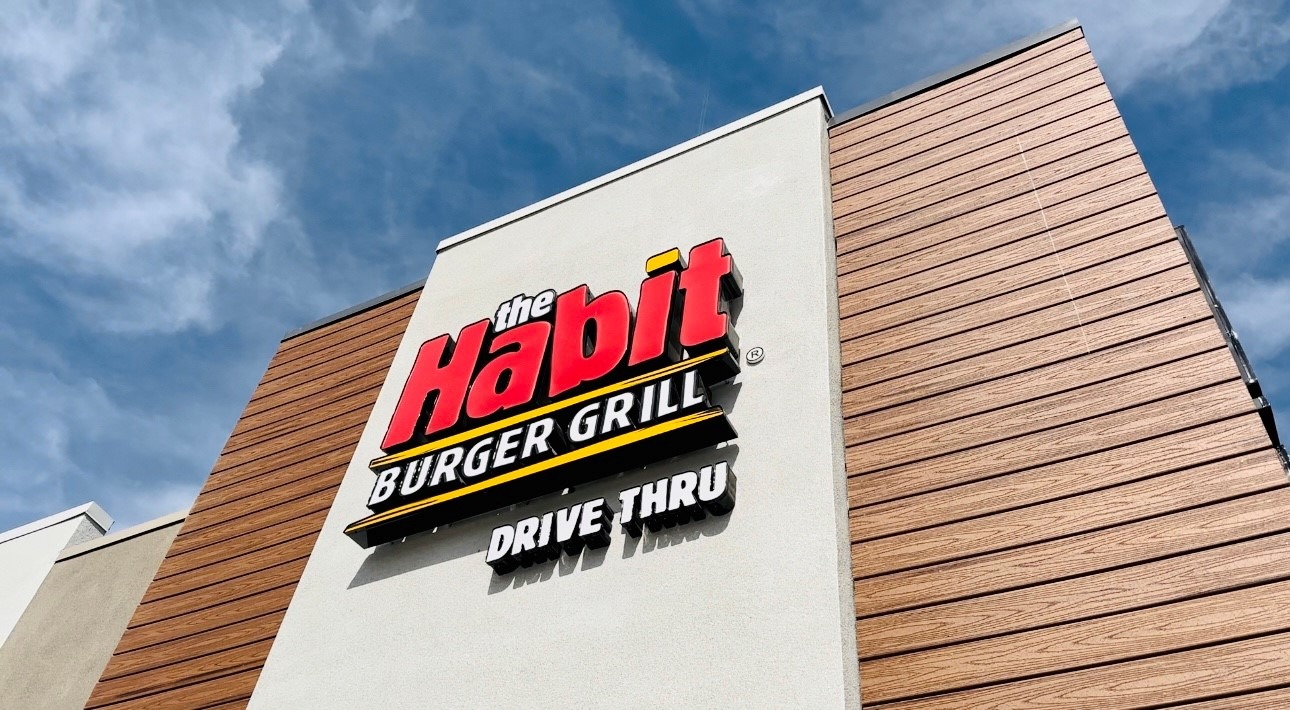With ICU Hospital Bed Capacity for the Southern California Region (made up of Imperial, Inyo, Los Angeles, Mono, Orange, Riverside, San Bernardino, San Diego, San Luis Obispo, Santa Barbara, and Ventura counties) at 0% capacity, Governor Newsom extended the December 6th Stay-at-Home Order until ICU capacity rebounds to at least 15% or higher. Most hospitals in the Southern California Region are overwhelmed with a record number of COVID-19 patients. According to the Los Angeles Times, some hospitals have been forced to treat patients by placing them in unusual places such as conference rooms and a gift shop as traditional hospital rooms are full. More than 21,000 Californians are currently hospitalized with COVID-19 symptoms.
The outlook over the next few weeks looks grim as people failed to adhere to the medical advice of staying home for the holidays, wearing face masks, and social distancing from those outside of their immediate household. With New Year’s Eve following the Christmas holiday, a surge on top of a surge is expected in another two to three weeks, which most likely will cause the Stay-at-Home Order to be extended even further.
You can help slow the spread and avoid extended orders by utilizing the following tips:
- Wear a face mask when around others outside of your immediate household, even around extended family members
- If meeting others outside of your immediate household, try to meet outdoors.
- Social distance at least 6 feet away from others outside of your immediate household
- Limit your shopping in person to as few times each week as possible and avoid extended time inside a retail store, such as a grocery store.
- Wash your hands often throughout the day and especially before eating and drinking
- Disinfect often touched items like a smartphone that also touches your face
When a region falls below 15%, the following sectors must close:
Indoor playgrounds
Indoor recreational facilities
Hair salons and barbershops
Personal care services
Museums, zoos, and aquariums
Movie theaters
Wineries
Bars, breweries, and distilleries
Family entertainment centers
Cardrooms and satellite wagering
Limited services
Live audience sports
Amusement parks
The following sectors will have additional modifications in addition to 100% masking and physical distancing:
Outdoor recreational facilities: Allow outdoor operation only without any food, drink or alcohol sales. Additionally, overnight stays at campgrounds will not be permitted.
Retail: Allow indoor operation at 20% capacity with entrance metering and no eating or drinking in the stores. Additionally, special hours should be instituted for seniors and others with chronic conditions or compromised immune systems.
Shopping centers: Allow indoor operation at 20% capacity with entrance metering and no eating or drinking in the stores. Additionally, special hours should be instituted for seniors and others with chronic conditions or compromised immune systems.
Hotels and lodging: Allow to open for critical infrastructure support only.
Restaurants: Allow only for take-out, pick-up, or delivery.
Offices: Allow remote only except for critical infrastructure sectors where remote working is not possible.
Places of worship and political expression: Allow outdoor services only.
Entertainment production including professional sports: Allow operation without live audiences. Additionally, testing protocol and “bubbles” are highly encouraged.
The following sectors are allowed to remain open when a remote option is not possible with appropriate infectious disease preventative measures including 100% masking and physical distancing:
Critical infrastructure
Schools that are already open for in-person learning
Non-urgent medical and dental care
Childcare and pre-K


